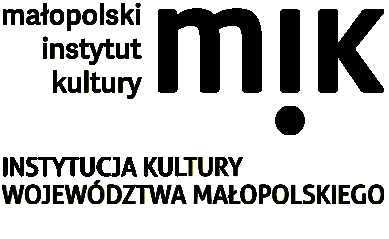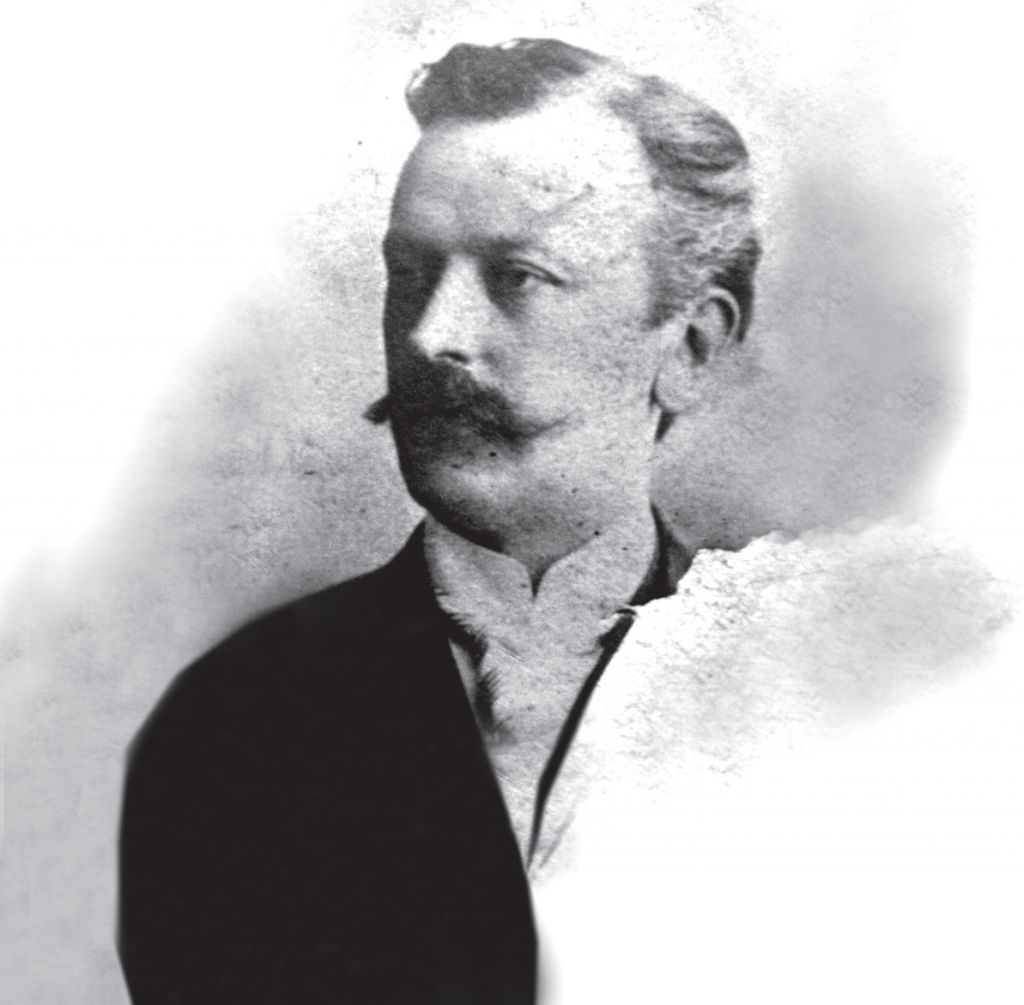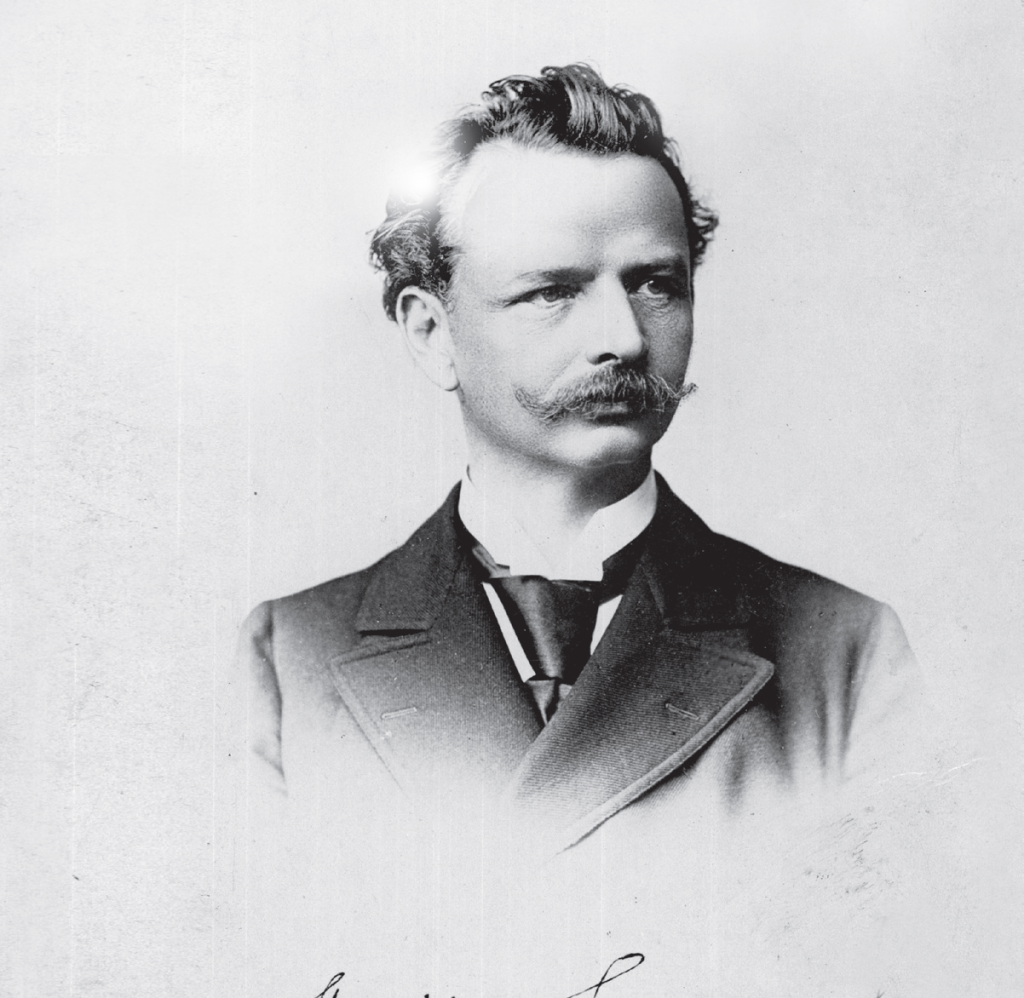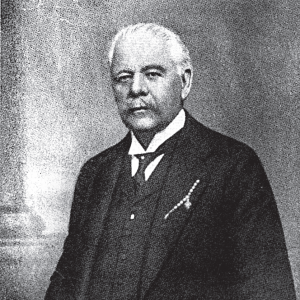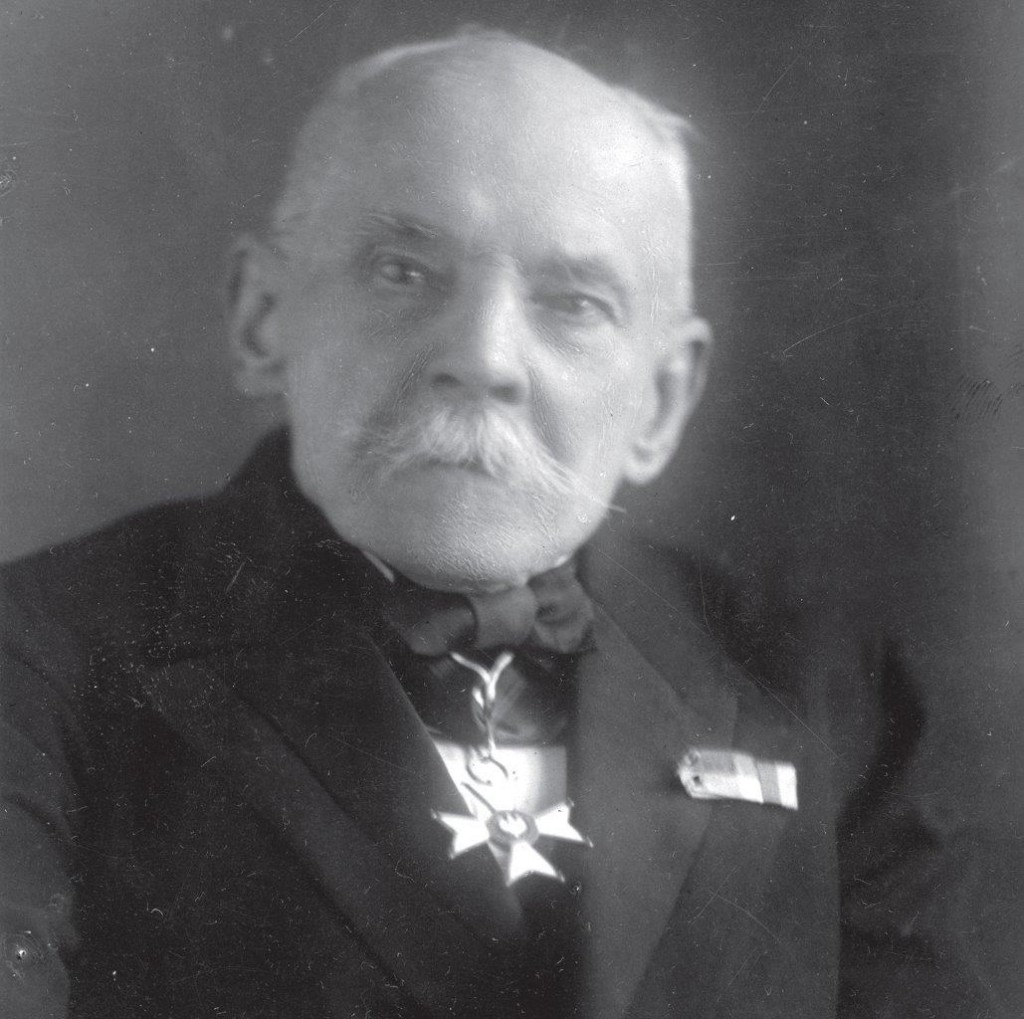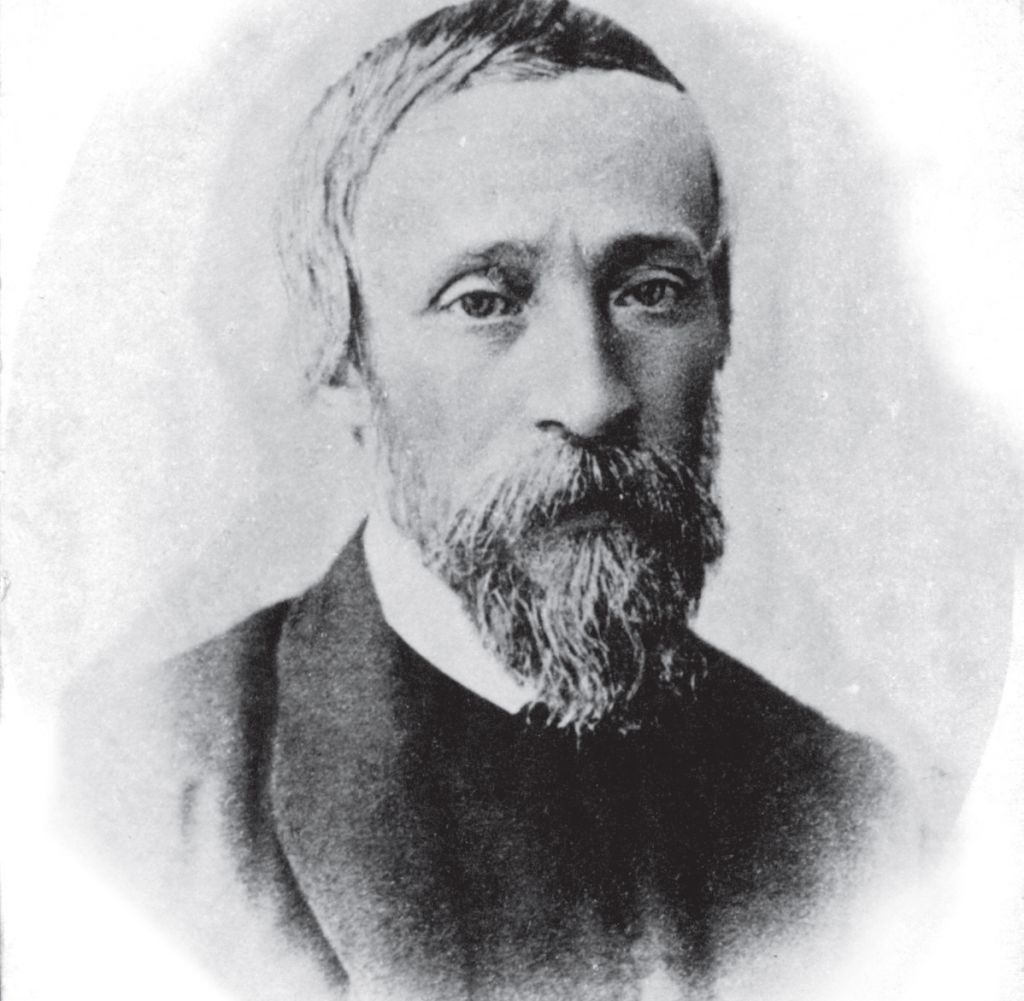Count Adam Skrzyński was born in Libusza, where oil was extracted from 1856 and where the pioneers of petroleum distillation began their bold work. He died in Marienbad. He opened an oil refinery in his home town. He produced pharmaceutical petrol and sold it to England, Belgium, Germany, Sweden, and France.He displayed his products at the industrial fairs organised in Galicia, including the 1882 fair in Przemyśl. In 1874, he built a railway line to connect the refinery with the main line running through the nearby village of Zagórzany. He imported experienced miners from Canada (including William Henry McGarvey), who popularised the Canadian (stem) drilling method. Not only did Skrzyński take care of his business but he was also an active member of the National Oil Association, which handled the mutual business of all oilmen.
Stanisław Szczepanowski was born in Kościan, Wielkopolska, and died in Nauheim. He studied at the Vienna Institute of Technology, the École Centrale des Arts et Manufactures in Paris and studied chemical technology and economics in London. In 1877, he received British Citizenship and was invited on a business trip to India with the Prince of Wales, the heir to the throne and future British King Edward VII. Szczepanowski refused. He chose Galicia instead, where he arrived in 1879 to explore oil and with a social and economic mission. In 1879 he went to Galicia.He founded an oil mine in Słoboda Rungurska, which produced 60 percent of Galician oil. While he grew his business, Szczepanowski also developed social and political activity in Galicia. He built houses for workers, opened cooperative stores and community houses, organised vocational training, and promoted the concept of cooperativeness as the publisher of the Self-Help weekly and president of the Union of Gainful and Economic Associations.
William McGarvey was born in Huntingdon, Quebec, Canada and died in Vienna. The 1866 Canadian breakthrough discovery of oil deposits was also important to McGarvey. The young man first worked as a drilling intern and then opened his own extraction company. In 1881, he travelled to Europe. He opened the most innovative refinery of the time and the famous drilling machinery factory in Glinik Mariampolski. With time, he transformed his company into the Galician-Carpathian Oil Association. McGarvey held shares in numerous Galician companies, which opened successive wells. After 1905, he moved to Vienna and controlled his continuously growing oil empire from there.
He graduated from Higher Realschule in Kielce and from the Polish Military School in Genoa and Cuneo. He also studied economics at universities in Heidelberg, Leipzig, and Vienna. He was a member of the Polish National Government during the January Uprising. In 1868, he settled in Gorlice and took the job of head of the peasant bank. He founded Galicia’s first credit union and was elected president of the Union of Gainful and Economic Associations in Lviv. Biechoński ran the company together with Eufrozyna Dobrowolska. They managed 28 wells and employed 51 people. He wrote the book about the industry entitled: A Quick View of the Galician Oil Mining Industry.
Ignacy Łukasiewicz was born in Zaduszniki and died in Chorkówka. He is considered as the father of Polish oil industry. In 1848, he started working at Piotr Mikolasch’s pharmacy in Lviv. Łukasiewicz and Zeh used the pharmacy’s laboratory to distil oil and subsequently used the distilled oil in lamps. With assistance from the sheet-metal worker Adam Bratkowski, they developed an oil lamp.The Mikolasch–Zeh–Łukasiewicz partnership (800 Austro-Hungarian guldens contributed by each partner) found a client who purchased 500 kg of oil with oil lamps – a Lviv hospital, which performed the first night operation with light from oil lamps on 31st July 1853. He became a politician and had more influence over the development of the Galician oil industry. He was active in worker protection laws and the construction of new roads and bridges. He also set up welfare funds (illness and accident funds for workers), communal funds (interest-free loans), bathhouses, and childcare centres.

